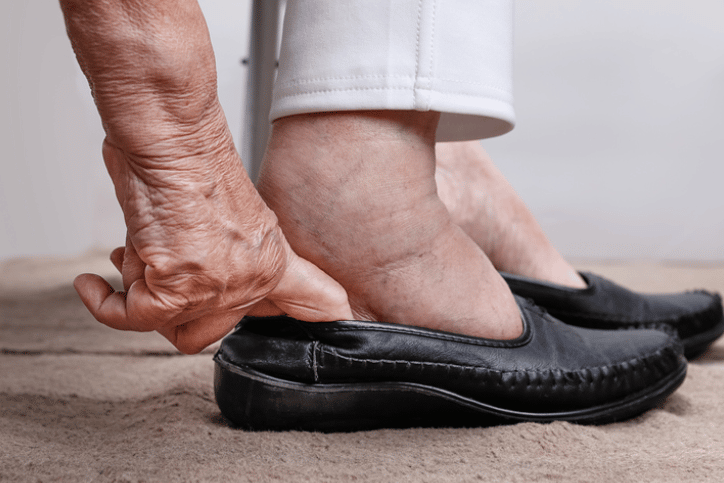Did you know that Leading Edge Senior Care has a Dementia Support Group? We meet monthly in Mesa. For more details <click here>
The Dangers Of Fluid Retention In Seniors
The Dangers Of Fluid Retention In Seniors
Fluid retention, medically known as edema, is a common health concern among seniors that can have serious consequences if left unmanaged. As our loved ones age, their bodies undergo various changes, and fluid retention can become a significant issue. In this article, we will explore the dangers of fluid retention in seniors, including its causes, symptoms, and preventive measures.
Understanding Fluid Retention:
- What Is Fluid Retention? Fluid retention occurs when the body retains excess fluid in the tissues, leading to swelling and discomfort. This condition can affect various parts of the body, including the feet, ankles, legs, and even the abdomen.
- Causes of Fluid Retention: Several factors contribute to fluid retention in seniors, such as heart conditions, kidney problems, hormonal changes, and certain medications. Understanding the underlying cause is crucial for effective management.
Recognizing the Dangers:
- Impact on Mobility: Swollen feet and legs can impede mobility, making it challenging for seniors to move around comfortably. This limitation can lead to a sedentary lifestyle, which poses its own health risks.
- Increased Fall Risk: Edema can affect balance and coordination, increasing the risk of falls. Falls are a leading cause of injuries in seniors, making this a critical concern.
Common Symptoms:
- Swelling and Discomfort: Seniors experiencing fluid retention often notice swelling, tightness, and discomfort in the affected areas. This can cause considerable pain and distress.
- Shortness of Breath: When fluid accumulates in the lungs, seniors may experience shortness of breath, which can be particularly concerning for those with respiratory conditions.
Preventive Measures:
- Dietary Changes: Monitoring salt intake is essential, as excess salt can lead to fluid retention. Encourage seniors to follow a balanced diet with reduced sodium content.
- Stay Hydrated: Paradoxically, staying properly hydrated can help reduce fluid retention. Ensure seniors drink an adequate amount of water daily.
- Elevate Legs: Seniors can relieve leg swelling by elevating their legs above heart level when resting.
Medical Intervention:
- Consult a Healthcare Provider: Seniors experiencing fluid retention should consult their healthcare provider. Identifying and addressing the underlying cause is crucial for effective management.
- Medications: In some cases, physicians may prescribe diuretics to help remove excess fluid from the body. However, these should only be taken under medical supervision.
Emotional Impact:
- Psychological Distress: Dealing with fluid retention can be emotionally taxing for seniors. They may feel frustrated or anxious about their condition. Offering emotional support is essential.
Exercise and Mobility
- Gentle Exercise: Encourage seniors to engage in regular, low-impact exercises like walking or swimming. Physical activity can help improve circulation and reduce fluid buildup.
- Compression Garments: Compression stockings or sleeves may be recommended by a healthcare provider to alleviate swelling.
Conclusion:
Fluid retention is a common issue among seniors that can have far-reaching consequences if not addressed promptly. It’s essential for caregivers and family members to understand the causes, symptoms, and preventive measures associated with edema. By taking proactive steps and seeking medical advice when needed, seniors can mitigate the dangers of fluid retention and enjoy a better quality of life in their golden years.

